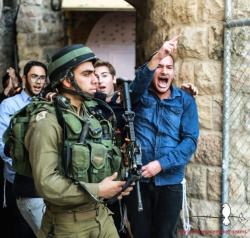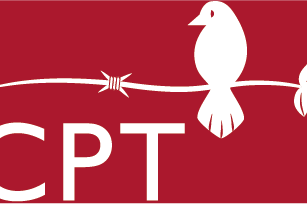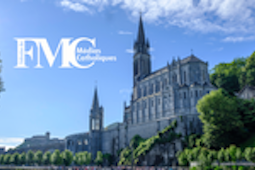Holy Land: Israeli group closes down Old City of Hebron to Palestinians

Israeli settler screams abuse at young Palestinians in courtyard of Old City
Every Saturday a group of Israeli settlers and Jewish tourists, escorted by dozens of Israeli soldiers, parade through the Old City of Hebron, in the West Bank, on a tour, in which they hear an exclusive rightwing Jewish narrative of the city's history. Last Saturday, however, was a holiday commemorating Abraham’s purchase of land in Hebron to bury his wife Sarah, so an unusually large number of Israeli settlers, Jewish tourists (many from New York), and Israeli border police and soldiers were present. For nearly three hours, hundreds of Israeli settlers and occupying forces overtook the Old City, restricting Palestinians' freedom of movement and causing shops to close early.
While a normal Saturday tour means restriction of Palestinian movement and disruption of the lives of those living and working in the Old City, last Saturday’s holiday tour created even greater disruptions. The Ibrahimi Mosque was closed, which meant that not only could Muslims not pray there, but that the checkpoint leading to it was closed. When the checkpoint is closed, Palestinians have to take much more circuitous (and hilly) routes from one side of the mosque to the other, adding time and difficulty to daily tasks.
The settlers and tourists, many of whom were young men, danced, jumped, and chanted Israeli nationalistic slogans as they slowly made their way through the Old City, blocking passage for residents and creating noise that interfered with any sense of normalcy.
As Christian Peacemaker Team members and representatives from other NGOs stood along the route, settlers and tourists questioned them, sometimes aggressively, about their presence and work and accused them of anti-semitism. One tourist threatened to hit a CPTer; another asked a CPTer to take a picture and then threatened to break the camera (which he'd already tried to handle as he passed by). A number of tourists said to observers, "Welcome to Israel," though no country in the world recognizes the Palestinian Occupied Territories as part of the nation of Israel.
In a more open area, Palestinian boys were playfully holding out their hands to shake tourists’ hands or give them a “high five,” with reactions ranging from enthusiastic handshakes and high fives to looks of disgust. One of the groups of chanting tourists included in their shouts profanity directed at the Palestinian boys. When the boys shouted back, border police and soldiers intervened, yelling at the Palestinian boys and trying to move them back. CPTers arrived, putting themselves between the soldiers and the boys, at which point both groups backed away from each other. The solders and border police then turned their attention to calming down the still-shouting tourists. One soldier remained with the boys, talking and listening to them.
The holiday that brought so many settlers and tourists to Hebron commemorated what Jews identify as the purchase of the first Jewish land by Abraham. Often, and certainly on the Hebrew/English signage near the Tomb of the Patriarchs, the implication is that the area is sacred to and meant for Jews only. However, Judaism, Christianity, and Islam are all Abrahamic faiths, and therefore the area is significant for all three religions.
Source: CPT
For more information on the Christian Peacemaker teams see: www.cpt.org/


















